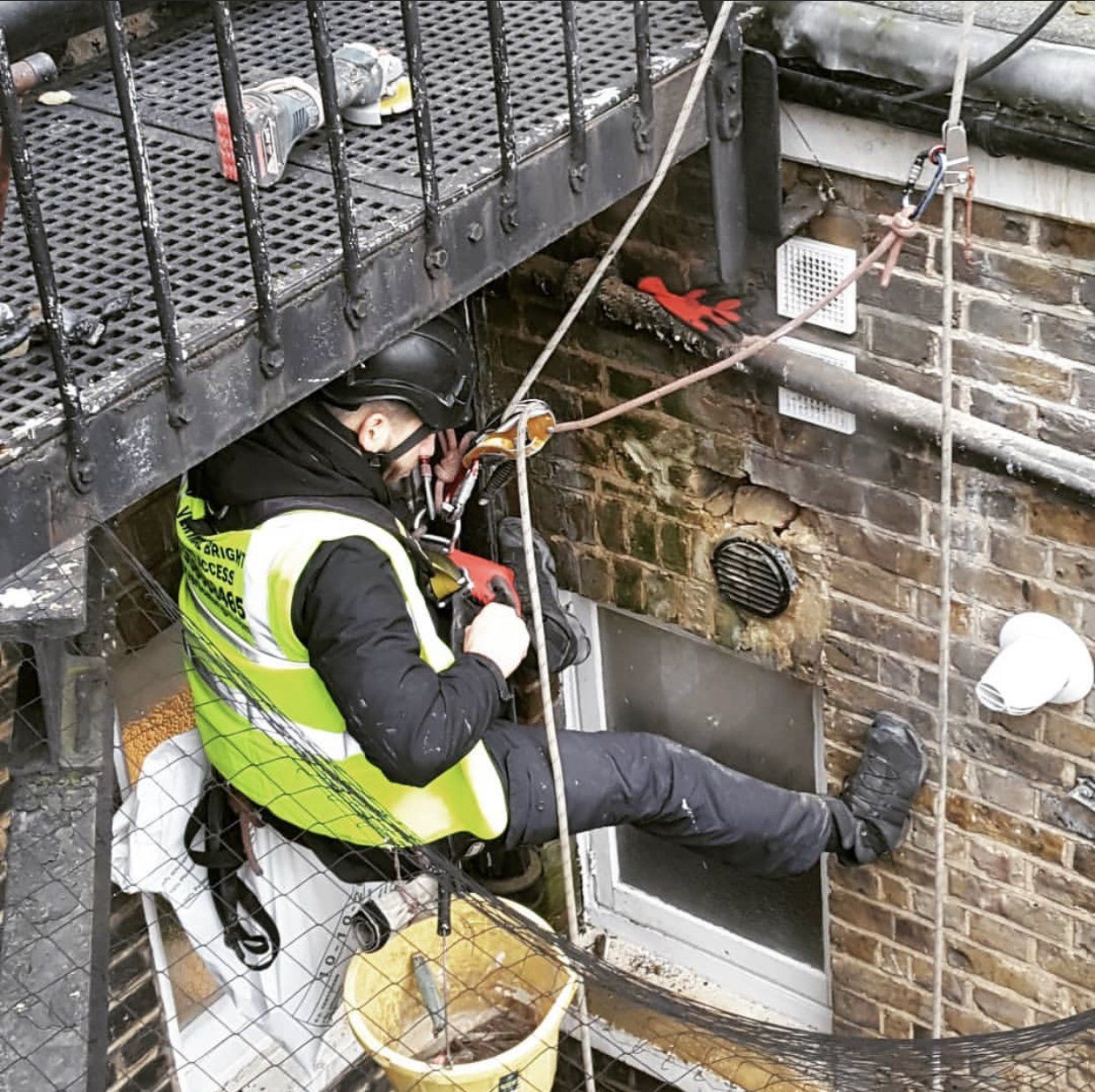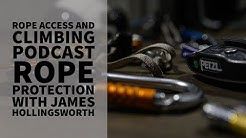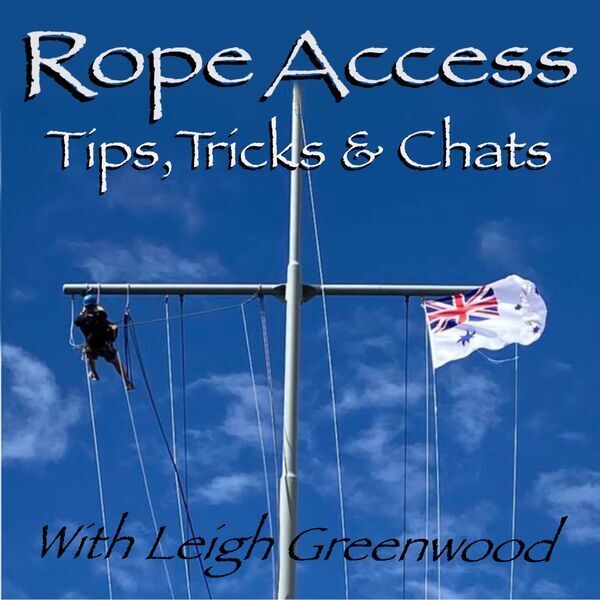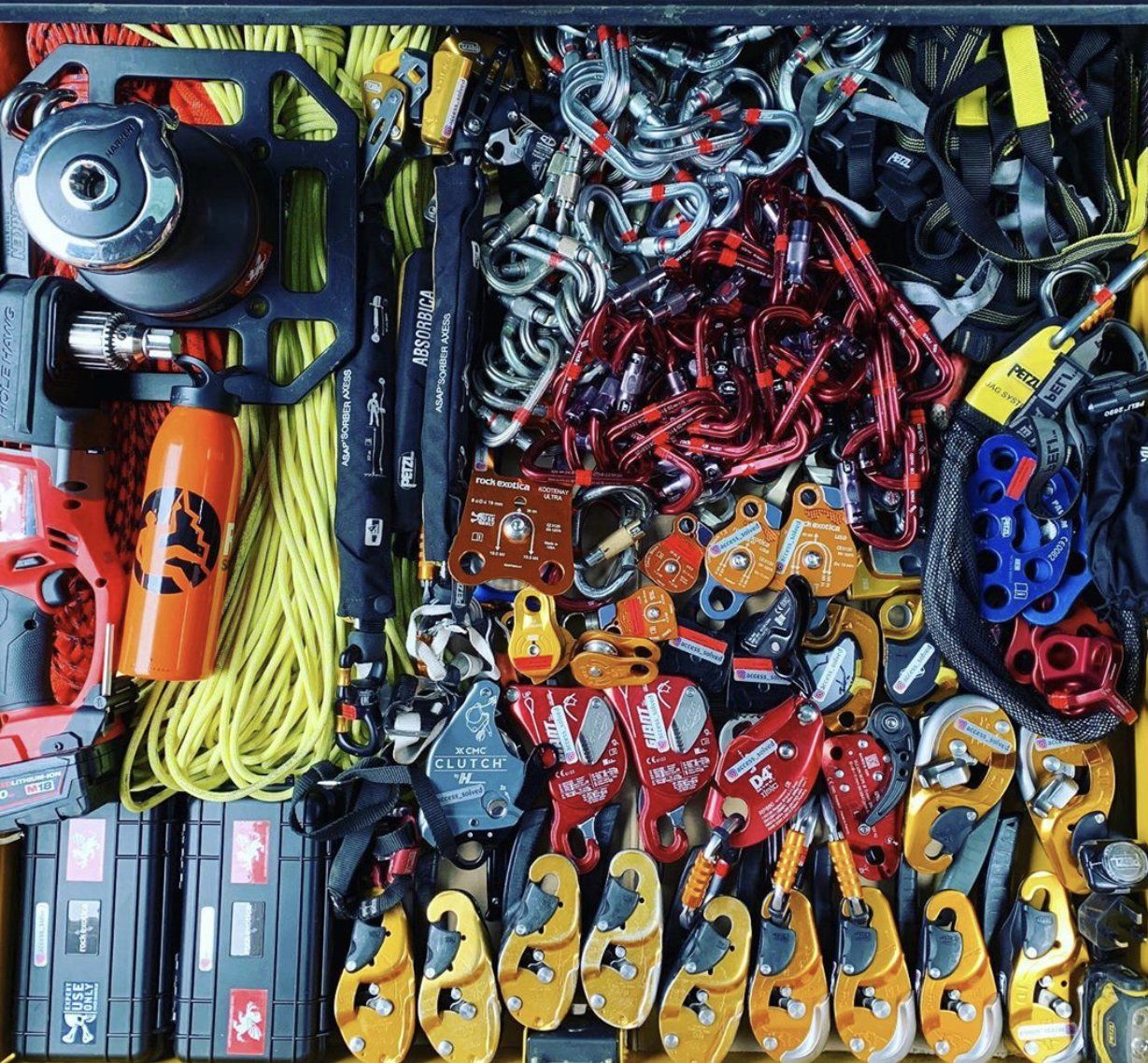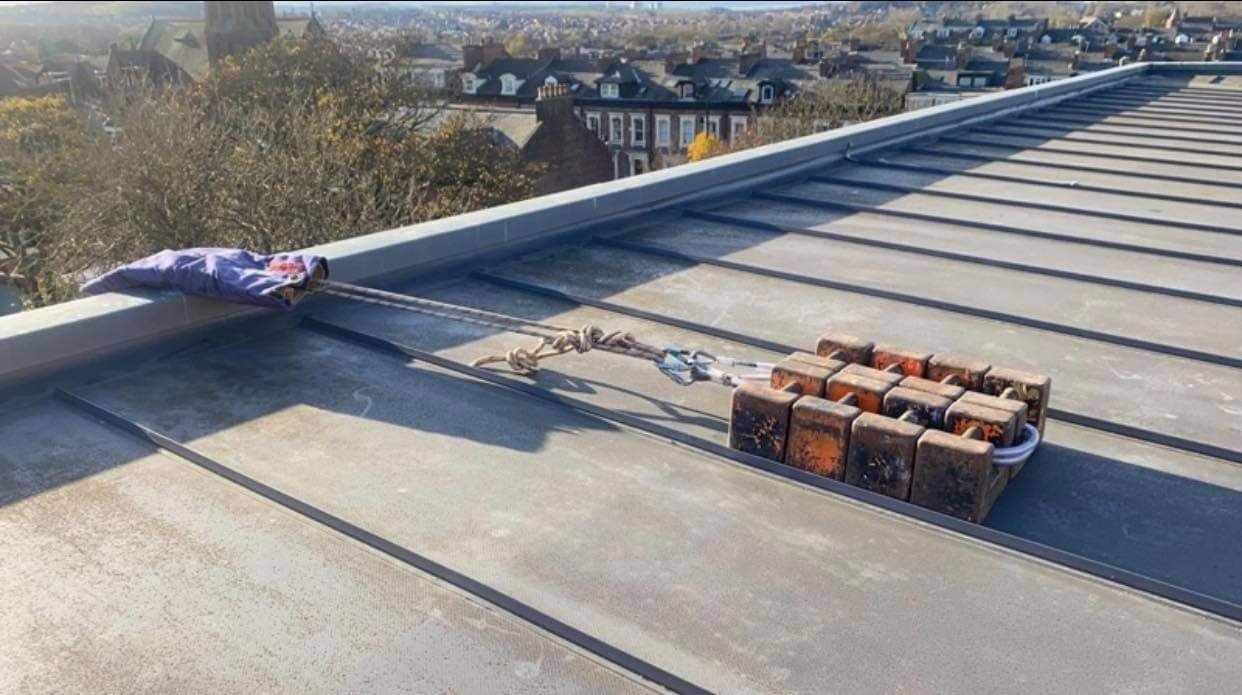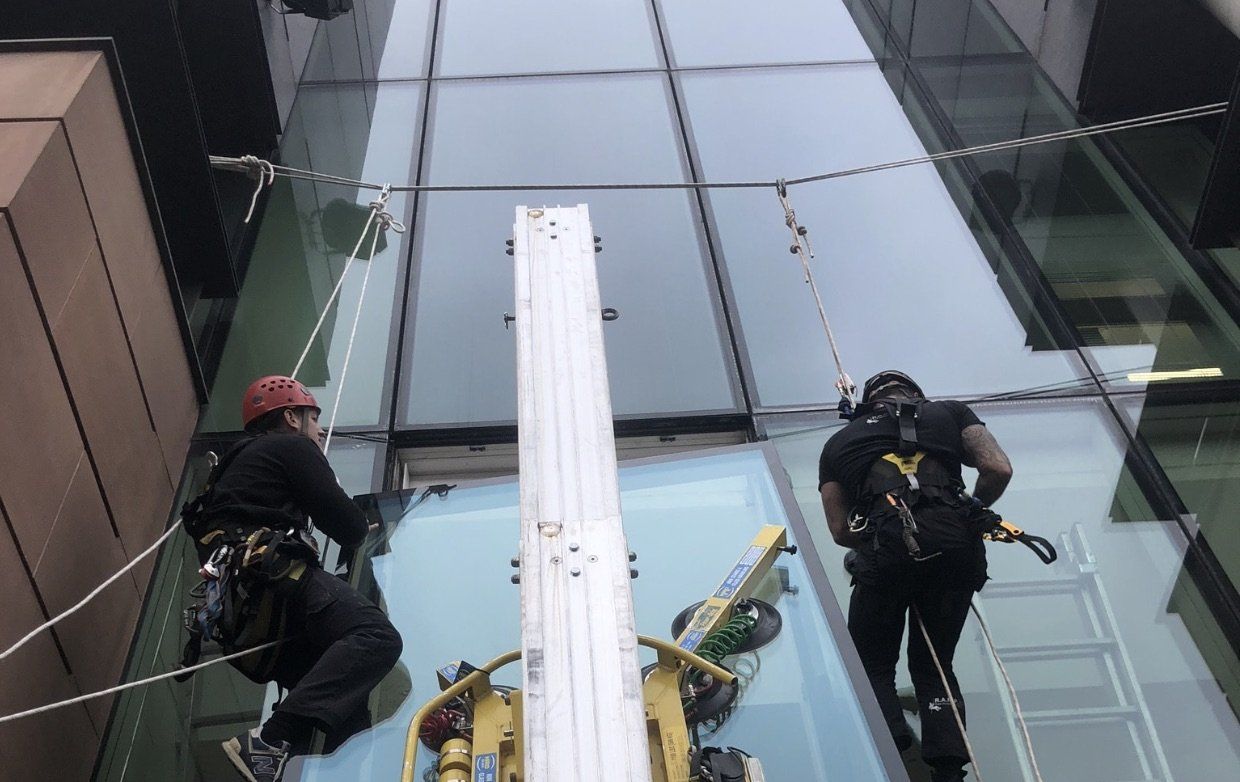Expert or Over claimer?
In this small article I’ll look to touch upon What makes an expert, Who deems a person an expert and the pathway that may be taken to reach the godly guru status! It will hopefully raise some questions and promote conversation.
We see it all the time, "Being EXPERTS in Rope Access" or "Our EXPERT team of Rope Access technicians". but who decides whether they are actually an expert? Are they misconstruing the word expert? or are they self proclaiming?
Expertise is what separates the amateur from the true master in almost any field.
While it might seem easy to point out who is and is not an expert, agreeing on a definition of expertise is not always so easy. Is it about how much you know? Is it about being able to perform an action well? And at what point does a person move from being merely good at something to being a bonafide expert?
Definition: expert
a person who is very knowledgeable about or skilful in a particular area.
or
having or involving a great deal of knowledge or skill in a particular area.
So from the above definitions we can see that to be defined as an “expert”, You have to be very knowledgeable and skilful in a particular area.
But who determines whether you have enough knowledge and skill?
Who decides who is an expert?
Clients and their perception? Peers? An Assessor? An Auditor? Self proclaimed?
Is that enough to award the accolade of expert?
Some argue that expertise comes from lived experience and not by getting a 'piece of paper', We need to be careful with the experience argument, I've seen it first hand, He's an IRATA Level 3 with 25 years experience as a supervisor. Unfortunately he's been doing it wrong for 25 years! The guy that never made it to Level 3, yet has taken on the role of Technical Authority Or the ones that have a very narrow spectrum of work experience or in some instances no work experience at all (ie an instructor that has never worked on a work site).
Researchers have tried to investigate how long it really takes to become an expert in any given field. They have sought to determine how much time someone would have to devote to the study and practice of a subject to be considered an expert.
The ??,??? Hour Rule
One belief is that the key to becoming an expert is to devote at least 10,000 hours to the study and practice of a subject. This idea is based on a 1993 study in which researchers found that the most accomplished violinists at a music academy had spent an average of 10,000 hours practicing their instrument.
Skilled Isn't the Same As Expert
Some suggest that it is sometimes around the 20,000- to 25,000-hour mark that people truly become experts or masters of a skill or subject.
Some Skills Take Longer to Acquire
Would you call an IRATA level 3 an expert? Does this depend on years of experience?
Let us look at the path a rope access technician will take in the IRATA Training, Assessment and Certification Scheme.
(Figure 1 – Flowchart showing qualification process Pg 8 TACS)
To take your IRATA Level 1 the requirements are: minimum age of 18 years; no previous experience required; has an aptitude for working at height.
Minimum 4-days training course 1-day independent assessment
Minimum 12 months experience and 1000 working hours logged to be allegeable to take the Level 2.
Again there is minimum 4-days training course in rope access, rigging and rescue. 1–day independent assessment.
Minimum 12 months experience and 1000 working hours logged, to be allegeable to take the Level 3.
Once again minimum 4-days training course in advanced rope access techniques, 1-day independent assessment
So at the end that 18 year old is now a 20 year Level 3 Rope Access Supervisor. 2000 hours, Expert? or was skilled enough to learn a succession of manoeuvres and techniques to pass a one day assessment?
Does this need to be looked at?
Should you have the ability to become a supervisor at the age of 20? Should it be that for levels 1 and 2 you have to complete the full term of the ticket validity (3 years) thus having built up minimum 6 years of experience.
(Please be advised this does not include any extra CPD that the technician may of completed)
Something else I have witnessed of late is where companies and individuals have been coming out quite publicly on social media platforms with false facts and information, trying to give off this aura of expertise when really all they are doing is “over claiming”.
The Dunning-Kruger effect is a cognitive bias (deviation from the norm) whereby people with limited knowledge or competence in a given intellectual or social domain, in this case Rope Access, greatly overestimate their own knowledge or competence.
There has been new research that reveals that the more people think they know about a topic in general, the more likely they are to allege knowledge of completely made-up information and false facts, a phenomenon known as “over-claiming”.
Over claiming can be dangerous to both the individual, third parties and to company reputations, especially if what they are saying proves to be false.
It seems sometimes to be financially driven where coming out with made up facts and techniques or just labelling themselves as experts within the field to win work or impress clients is part of the sales method.
“Find your level” (To reach one's level of proficiency, comfort, or competency in a particular area.)
So how to become an expert?
The bit that all you wanna be experts have been waiting for! Theres no one answer to this question I’m afraid. So many different studies have tried to answer this question, whether it be the amount of hours practiced, IQ of the individual, natural talent, experience gather over time. I believe it is a fusion of disparate elements, a whole mix of different things that come together.
If someone asked me how to become an expert I would only be able to give them a list of things to do that will possibility set them on the right pathway.
Learn, Do, Appreciate, Share, Respect and Achieve.
I will leave you with a quote from a friend of mine, who sums it with:
“The thing to do is never consider yourself an expert, that way you will aspire to be one and you will never stop learning from others”.
